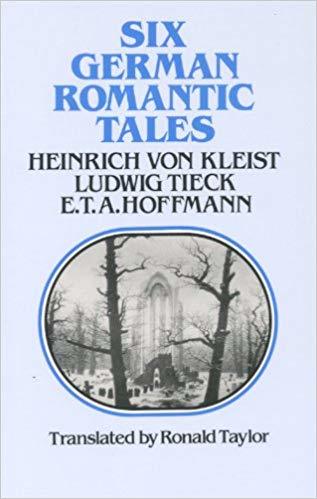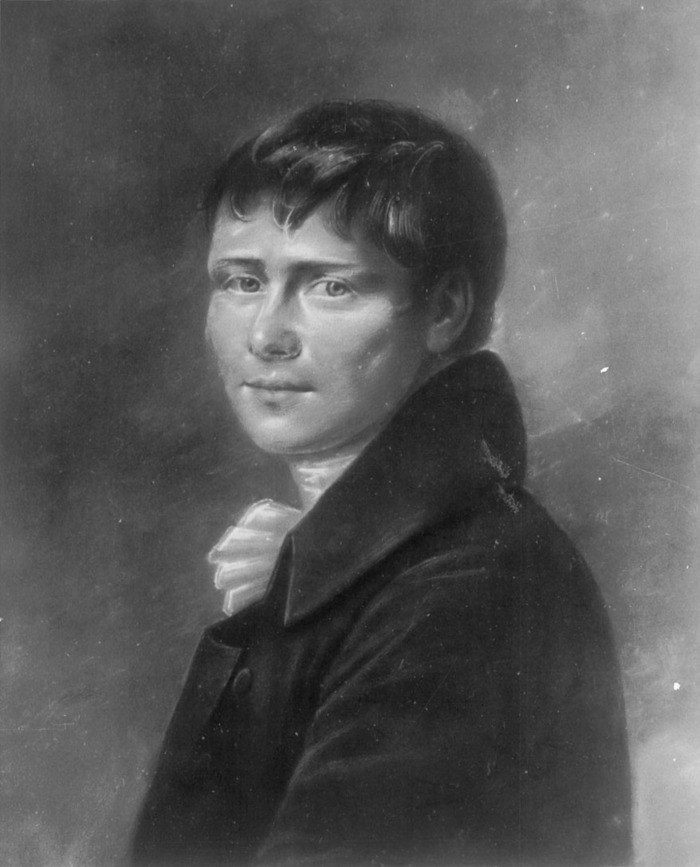
This selection of short fiction embodying some dominant concerns of German Romanticism takes the reader into a world of strange potency and inner logic. Ludwig Tieck gives a fairy-tale form to horror stories that delve darkly into the unconscious. Eckbert the Fair is a compelling study in paranoia and retribution; The Runenberg a story of the mind-destroying power of Nature. In Kleist’s The Betrothal on Santo Domingo, conflict and persecution during the slave revolt of 1803 on Haiti symbolise a world-view in which evil seems destined to prevail over good. The Earthquake in Chile, despite its brevity perhaps the most epic of all Kleist’s stories, presents an extraordinary pile-up of cataclysmic events, at the high-point of which the horror is turned on its head. E. T. A. Hoffmann’s The Jesuit Chapel in G. and Don Giovanni, the latter containing a celebrated and influential interpretation of Mozart’s opera, show the conflict between art and life and the Romantic vision of the artistic vocation. This volume of new translations contains several works which, though highly characteristic of their authors, are not readily available elsewhere in English.
Author

The dramatist, writer, lyricist, and publicist Heinrich von Kleist was born in Frankfurt an der Oder in 1777. Upon his father's early death in 1788 when he was ten, he was sent to the house of the preacher S. Cartel and attended the French Gymnasium. In 1792, Kleist entered the guard regiment in Potsdam and took part in the Rhein campaign against France in 1796. Kleist voluntarily resigned from army service in 1799 and until 1800 studied philosophy, physics, mathematics, and political science at Viadrina University in Frankfurt an der Oder. He went to Berlin early in the year 1800 and penned his drama "Die Familie Ghonorez". Kleist, who tended to irrationalism and was often tormented by a longing for death, then lit out restlessly through Germany, France, and Switzerland. After several physical and nervous breakdowns, in which he even burned the manuscript of one of his dramas, Heinrich von Kleist reentered the Prussian army in 1804, working in Berlin and Königsberg. There he wrote "Amphitryon" and "Penthesilea." After being discharged in 1807, Kleist was apprehended on suspicion of being a spy. After this he went to Dresden, where he edited the art journal "Phoebus" with Adam Müller and completed the comedy "The Broken Pitcher" ("Der zerbrochene Krug") and the folk play "Katchen von Heilbronn" ("Das Käthchen von Heilbronn"). Back in Berlin, the one time Rousseau devotee had become a bitter opponent of Napoleon. In 1811, he finished "Prinz Friedrich von Homburg." Finding himself again in financial and personal difficulties, Heinrich von Kleist, together with his lover, the terminally ill Henriette Vogel, committed suicide near the Wannsee in Berlin in 1811. [From http://www.heinrich-von-kleist.com/]